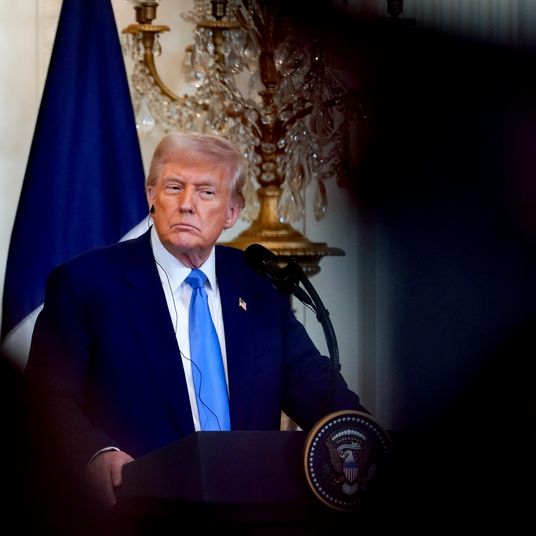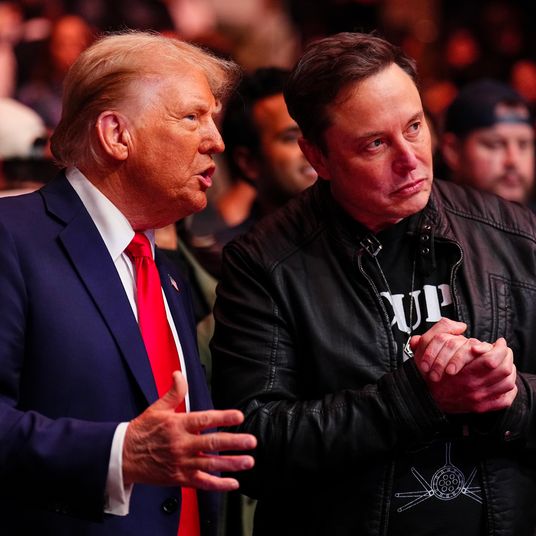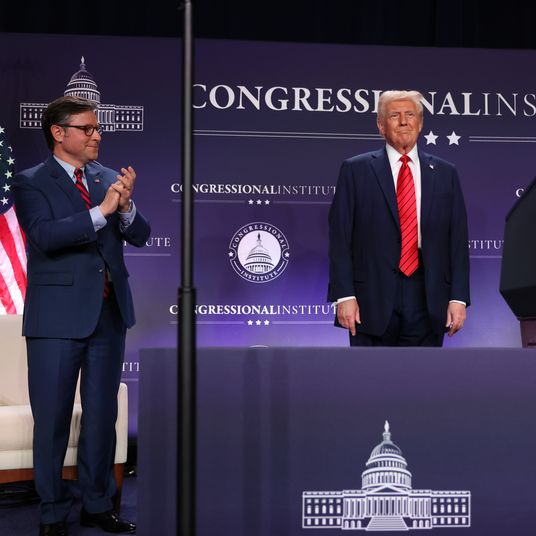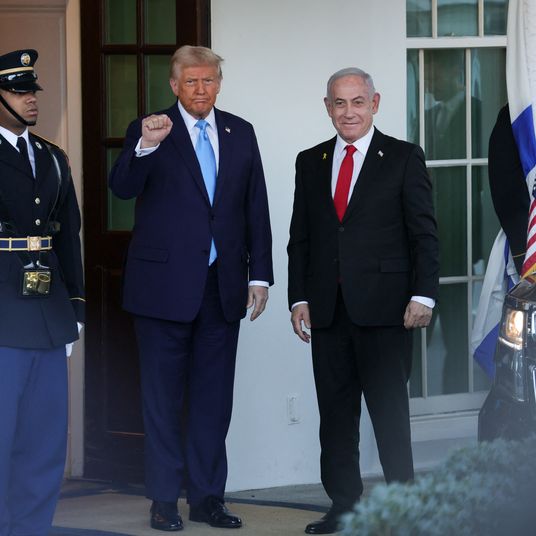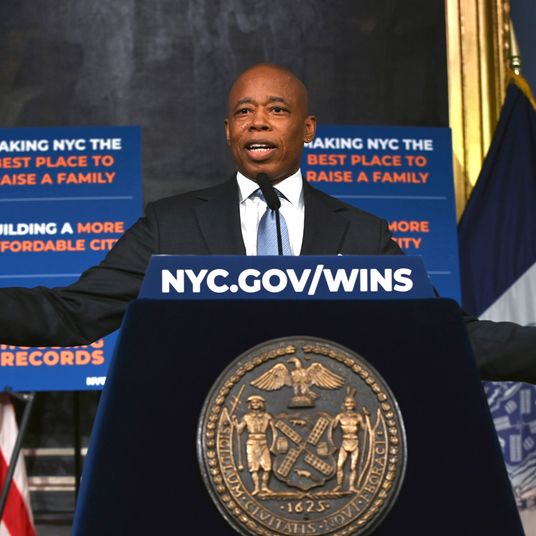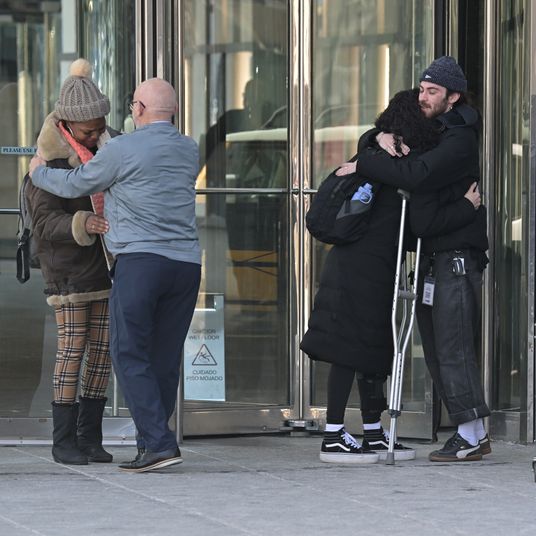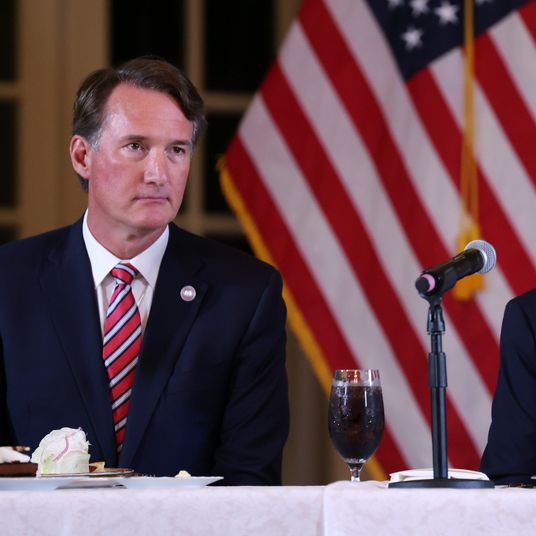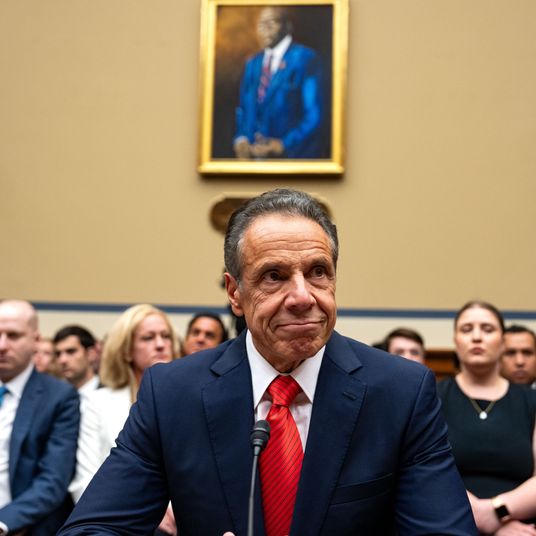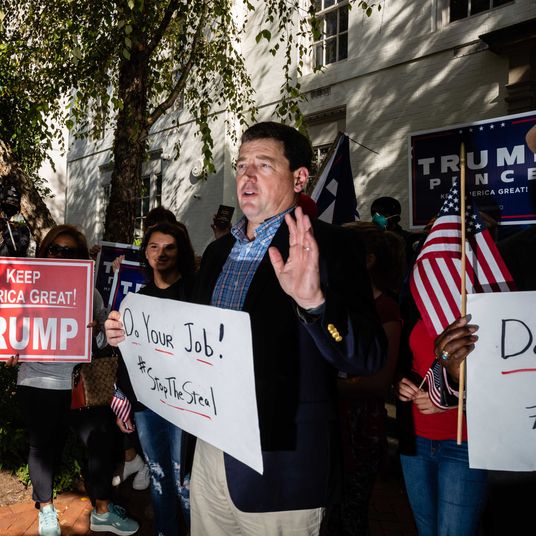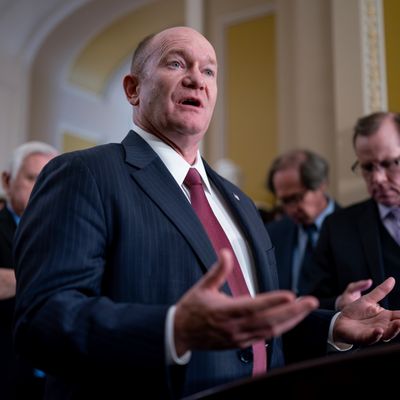
During their first phone call since Israeli forces killed seven members of a food-aid group, President Biden told Israeli prime minister Benjamin Netanyahu that the humanitarian situation in Gaza was “unacceptable” and said Israel needed to implement concrete steps to protect civilians and ease humanitarian suffering. “He made clear that U.S. policy with respect to Gaza will be determined by our assessment of Israel’s immediate action on these steps,” per a White House readout of the call. “He underscored that an immediate ceasefire is essential to stabilize and improve the humanitarian situation and protect innocent civilians, and he urged the Prime Minister to empower his negotiators to conclude a deal without delay to bring the hostages home.”
The president has been facing increasingly intense pressure to limit military aid to Israel, and it has recently come from allies who are usually aligned with him on the issue.
During an interview Thursday, CNN’s Sara Sidner asked Senator Chris Coons of Delaware, one of Biden’s top congressional allies, when the administration’s policy will change and whether he personally supported placing conditions on aid to Israel.
“I think we’re at that point,” he said. If Netanyahu were to order the IDF into the city of Rafah without allowing humanitarian aid, Coons said, he would vote to condition aid to Israel.
Coons raised the possibility of such conditions back in February, but his words took on greater significance after Israeli forces killed seven aid workers who were part of chef José Andrés’s World Central Kitchen. Israel has maintained that the strike was “unintentional” and said it was conducting an investigation into what happened.
Senator Chuck Schumer, the highest-ranking elected Jewish official and a consistent supporter of Israel, singled out Netanyahu in a floor speech last month, calling him an obstacle to peace. He even called upon Israel to hold elections to find new leadership.
And two Democratic members haven’t officially signed off on a deal that would provide military planes to Israel. According to the New York Times, Senator Ben Cardin of Maryland and Congressman Gregory Meeks of New York haven’t yet given their approval of the $18 billion sale of F-15 fighter jets while their Republican counterparts on the Senate Foreign Relations and House Foreign Affairs committees have.
Some influential foreign-policy voices outside of government are also expressing concerns. Richard Haass, president emeritus of the Council on Foreign Relations and a veteran diplomat who served in both Bush administrations, criticized Biden’s approach in Israel and supported the idea of sanctions. “At some point, the words become empty,” he said during an interview on MSNBC.
Biden has expressed frustration with Israel’s actions in recent weeks. In a statement following the killing of the aid workers, Biden said he was “outraged and heartbroken” and appeared to call out Israel for not doing enough to protect civilians in Gaza. “This is a major reason why distributing humanitarian aid in Gaza has been so difficult — because Israel has not done enough to protect aid workers trying to deliver desperately needed help to civilians,” he said. “Incidents like yesterday’s simply should not happen. Israel has also not done enough to protect civilians.”
But the Washington Post reported that the administration approved the transfer of more bombs to Israel on the same day as the air strike on the aid convoy, though the authorization came before the attack.
National Security Council spokesman John Kirby reiterated Biden’s words to Netanyahu on the potential changes to the administration’s Gaza policy if Israel doesn’t do more to protect civilians. “If we don’t see changes from their side there will have to be changes from our side,” he told reporters Thursday.








